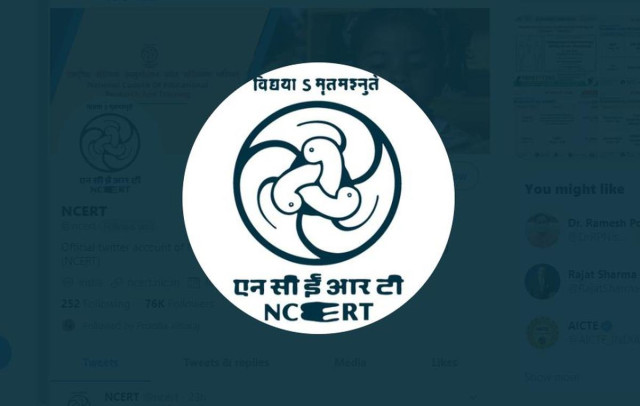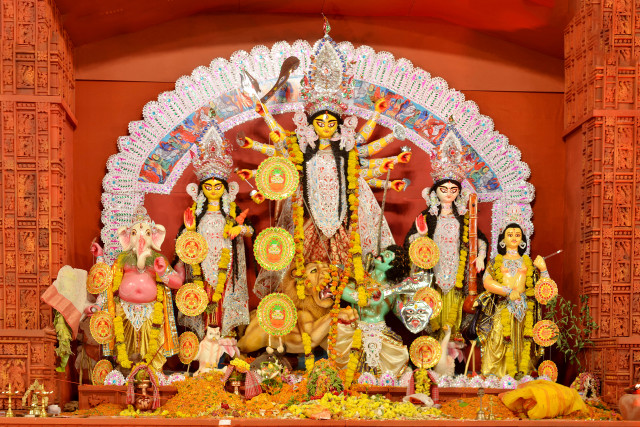Abrogation of Article 370 added in NCERT syllabus, reviews definition of Left in schoolbooks
- Posted on April 6, 2024
- Education
- By Arijit Dutta
- 295 Views
During the 2024–2025 academic year, the National Council of Educational Research and Training (NCERT) made significant revisions to the Social Science textbooks. These included references to Manipur, a rewording of a phrase characterizing the Left as favoring "state regulation over free competition," a shift from "Azad Pakistan" to "Pakistan occupied Jammu and Kashmir (POJK)," and modifications to other terminology.
 Image Source -www.thehindu.com
Image Source -www.thehindu.com
This month,
textbooks containing the updated and revised material that the National Councilof Educational Research and Training (NCERT) has reviewed and approved will be
released. The books will be used by over 40 million kids in the US.
While most
states have equal authority, as stated in paragraph one, some, including Jammu
and Kashmir and the states in the Far East, have unique rules. The amended
version includes a line at the conclusion and says that Article 370, which has
specific provisions for Jammu and Kashmir, was repealed in August 2019.
Additionally,
the Council has substituted "Pakistan occupied Jammu and Kashmir
(POJK)" for "Azad Pakistan" in the same chapter when discussing
the boundary dispute between Pakistan and India. "India asserts that this
region is being occupied illegally." This is based on the most recent
edition. In all of Pakistan, this region is referred to as "Azad
Pakistan".
The new text, however, states that the territory in question is actually Pakistan-occupied Jammu and Kashmir (POJK), an area of India that Pakistan is currently occupying illegally.
Also Read: Horrific Video Went Viral: Men Beat Colleague With Rod Over 'Variance Of
According to the
Council, the new policy is in line with the Indian government's most recent
position on the Jammu and Kashmir dispute.
Manipur is now
mentioned in the first chapter of the same book, courtesy of the National
Council of Educational Research and Training (NCERT). According to the widely
accepted account, the Indian government coerced the Maharaja into signing a
merger agreement in September 1949. There was no consultation whatsoever with
the Manipur Legislative Assembly, which is democratically elected. This
infuriated and bitterened a lot of individuals.




